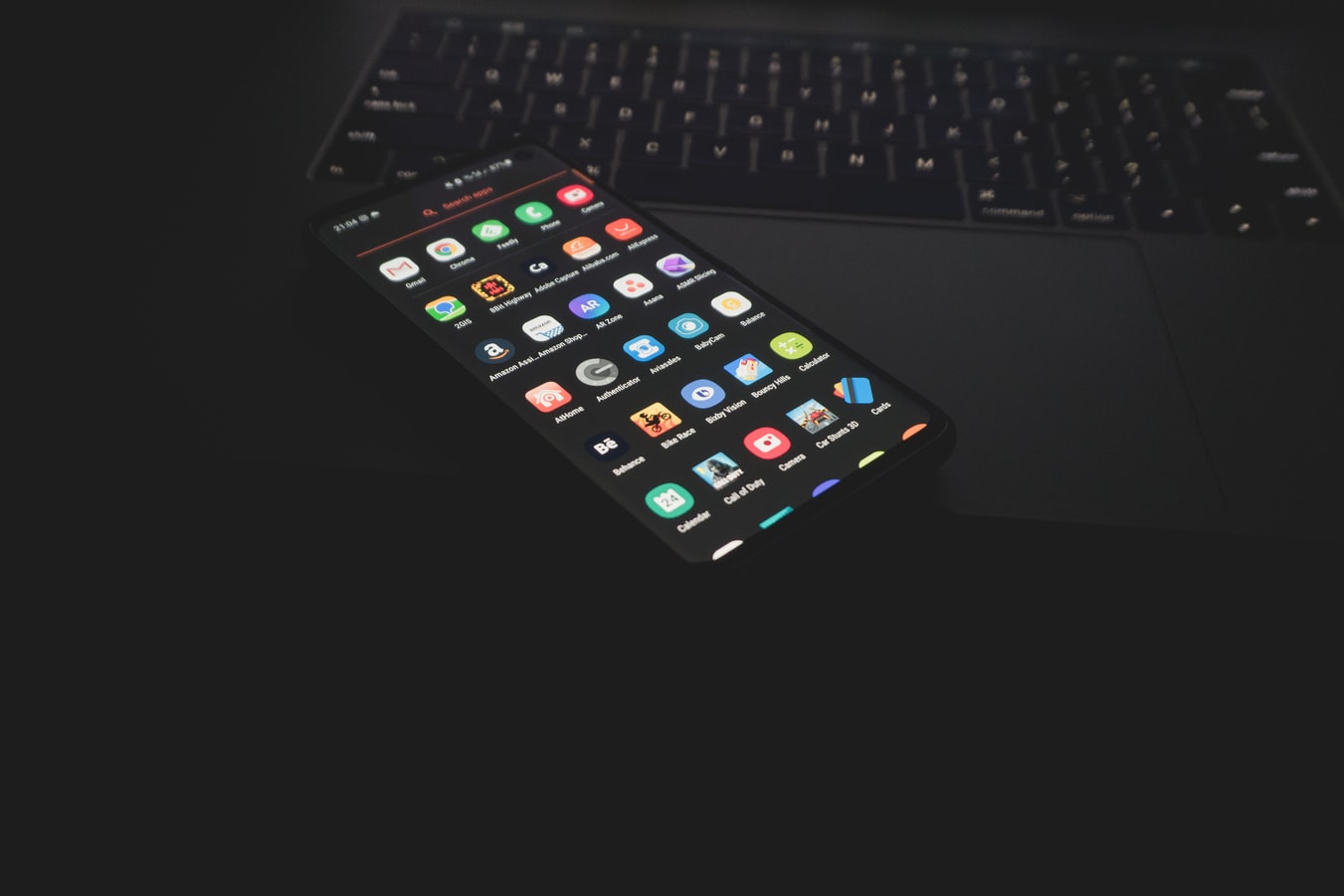Featured Photo by Saulo Mohana on Unsplash
Since iPhone and Android mobile devices have become increasingly more popular over the past decade, we've watched the number of mobile device users surpass the number of desktop computer users. People gravitate towards mobile devices because they bring all the capabilities of a desktop to your fingertips and fit in your pocket. As a result, businesses have come to the realization of just how important it is to effectively use mobile optimized websites and mobile applications to attract and retain customers. After all, apps provide a world of possibility such as of reaching millions of users, becoming famous, and bringing in lots of additional revenue.
Even though custom mobile apps have great benefits, it doesn’t always make sense for businesses to have one. Points to consider when debating the creation of custom apps includes the cost, actual usefulness, required features, target audience, etc. Thinking about the potential costs and benefits of an app beforehand can save you time, money, and a massive headache.
 Photo by Alvaro Reyes on Unsplash
Photo by Alvaro Reyes on Unsplash
That is why PromoTix has outlined several questions for you to ask yourself before you start your mobile app development plan. If you can answer every question in detail, and your answers show some benefit to your venue, then you should go ahead and build that app. If not, then you should think carefully about whether or not an app is the right move for you.
- Will your app solve a problem? If so, how?
This question is crucial because the best mobile app developers try to solve a problem, no matter how big or small. If your app doesn’t solve a problem, then no one will use it. In your case, the ultimate goal is to sell tickets. But depending on your circumstances, you should consider a couple of follow-up questions to determine if an app will help you reach that goal.
If you own a venue, you should ask yourself whether or not an app will help you promote upcoming shows, take VIP or bottle service reservations, send drink offers, etc. If you own a festival, you should ask yourself whether or not an app will help you re-engage your previous attendees, list set and stage times, provide a map of the area, etc.
If you’re hosting a single event, you should ask if an app will help you collect leads and registrations, inform attendees of the schedule, send special offers, etc. If you’re hosting multiple events, you should ask yourself whether or not an app will help you announce your shows with push notifications, let attendees build a list of upcoming events, and build a brand for your promotion company.
- Who are your target users?
Knowing your target app users can help give you some idea of what you want your app to look like. If your venue or event appeals to EDM fans, for instance, then your user interface will look very different than if your venue or event appeals to Country fans. People will value different things from your mobile app design depending on their demographic.
 Photo by Matty Adame on Unsplash
Photo by Matty Adame on UnsplashAs you know, it’s important to understand your target users and their wishes, but you should also be careful- You don’t want to make your app so specific for your target users that you end up alienating other potential users. Finding the right balance between appealing to your target users and the general public will help boost your app’s ability to grow.
In addition, you should also understand the risks of building an app for your own personal use. There’s nothing wrong with building an app to solve one of your internal problems because there’s a good chance that someone else might have that same problem. However, like the previous point, you don’t want to make your app so specific to your problem that you alienate other potential users.
Building custom apps for yourself can help keep you motivated during the app development process, but you should make sure to put other people’s needs before your own. People may have the same problem as you, but there could be some slight variations. So, there should be various solutions to solve for the various problems that you and your users may encounter.
- How much will your app cost?
Building a high-quality app can cost thousands of dollars. Building an app can be both costly and time-consuming, so you need to make sure that you are financially and mentally prepared to create a finished product. Costs usually stem from researching, designing, developing, and marketing your app. You can help cut costs by doing some of the work yourself, but try not to do all of the work. Hiring people who have a stronger skill set than you (like a software developer) can help boost your chances of building the best possible product.
 Photo by Rupixen on Unsplash
Photo by Rupixen on UnsplashIf you’re already a PromoTix user, then you’re in luck! You can create your own custom-branded mobile app in just a few minutes with our PromoTix app builder. Our app building platform can help provide single or multi-event templates, bring your brand to the app store, and ultimately engage (and re-engage) more customers. Feel free to check out our mobile app features here.
If you’re not a PromoTix user, then you should create a budget for your app. Write down all the costs for your upcoming project, including things like your domain name, maintenance fees, and marketing budget. You should avoid any surprises and know how much you expect to pay, so don’t estimate any costs. Research how much it would cost to hire personnel to build and maintain your app.
- What platform will you choose?
Choosing a platform will help you determine what devices you want to be compatible with your app. Most people make an iOS app, an Android app, a Progressive Web App (PWA), or some combination of the three.
iOS is known for having a more useful and curated app store, higher-quality apps, frequent software updates, stronger security, and better accessibility. Android is known for having more users, easier and more successful app submission, and more compatibility.
PWA’s are known for their accessibility since any device with a web browser installed can access it. However, some features are unavailable on PWA’s, and they can’t be submitted to the App Store or the Google Play Store.
Each platform has its own advantages and disadvantages, so it’s important to consider them before app building. If you target the wrong platform, your app developer could run into some problems along the way.
- Who are your competitors?
Once you determine your target market and platform, it’s time to start researching the competition. As previously stated, someone may have the same problem as you, so there’s bound to be someone who thought of a similar solution. You should know what others are doing, how they’re doing it, and why it’s making them successful.

Photo by UX Indonesia on Unsplash
Knowing your app maker competition is critical to your app’s success, it will help you think of ways to stand out in the crowd. It can also prevent you from making the same mistakes that another app creators have made.
Another thing, avoid making your app too similar to an existing app. If your app looks, feels, or functions in the same way, users wouldn’t have much reason to switch. There’s nothing wrong with building an app that’s similar to an existing one, but you need to make sure that your app does something better, simpler, or cheaper (or some combination of the three).
Conclusion
If you can provide detailed responses to all of these questions, then you might be ready for your own mobile app.
Keep in mind that you must maintain your app's functionality, you must continue to do research, and you must keep your app secure. Checking your app analytics and getting honest feedback from users can help you make improvements along the way. PromoTix mobile app builder can help you build a quality app while minimizing the potential risks. Feel free to check out our mobile app features here.
If you can’t provide a detailed answer to each question, don’t be discouraged. You may have a great app idea in mind, but you still need to do some more research to make that idea a reality.




